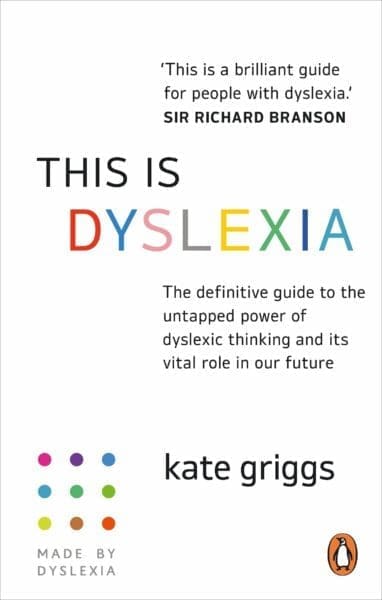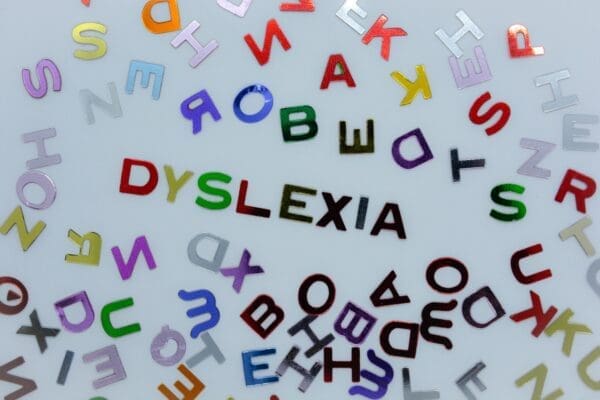The Vital Role of Dyslexic Thinking
Books are considered a communication tool between the minds of the authors and the minds of the readers. To me ‘This is Dyslexia’ was intended to go beyond an ordinary line of communication, as it targets very extraordinary people, and indeed it achieved just that and beyond.
I have followed ‘Made By Dyslexia’ charity work for a prolonged period of time, a bit of a fangirl moment here. And as someone who battled her way through academia with dyslexia, I can not only relate but also appreciate this learning opportunity. It is important to admit I wish I had this book growing up. It would have saved me countless hours of disappointment and steep learning curves to get to where I am now.
The Introduction
You start your journey with personal words from Sir Richard Branson about how the world needs dyslexic thinking (and in fact more divergent thinking). And that in the post-pandemic world we have an opportunity to explore different skills and go beyond traditional thinking styles.
This welcoming introduction eases you into the world of a dyslexic mind. It states that dyslexia is not a weakness, but rather a hidden superpower, and thus should be seen as such. When you first open Part One you can straight away tell this book was created by a dyslexic for a dyslexic. The font, the style of writing, narration, and the breakdown of points with QR codes. These all lead you to explanation videos, and are all done to keep you engaged with the content and the original message of this book.

Part Two & Three
Further, Part Two and Three shows you what dyslexia is all about, the magical world of dyslexia and that it is nothing to be afraid of. In fact, these two parts contain the greatest dyslexic minds, dyslexia in action, thinking skills, dyslexic challenges and even an interesting quiz, that I thoroughly enjoyed doing.

I believe this part would be a great addition to PGCE training. It contains information teachers and lecturers will find helpful when addressing and communicating with dyslexic students. After all, this is a learning and development opportunity for us all. Throughout the book, we get a gentle reminder that dyslexia is not a disadvantage. It is a superpower that, if you get to know, can help you be the fullest version of yourself.
Part Four
Indeed, Part Four is something I wish my parents had when I was growing up. It would’ve helped them understand me in a way that would have been beneficial for the whole family. Of course, as the years go by we learn to communicate with our children and understand each other more and more.

However, having that little guide to refer back to is something very special. It is truly worth having if your child has been diagnosed with dyslexia. For parents with dyslexic children, this is their opportunity to learn and develop communication skills. To understand their children in a way that was not possible a few years back.
Final Words
Here are some final words of wisdom from someone who went through the hardship of dealing with a dyslexic diagnosis. From the stigma associated with it to the constant drawbacks of the academic world. Reading ‘This is Dyslexia’ gave me a sense of reassurance that society is opening up. And is ready to learn about dyslexic minds, skills and their role in the future.




